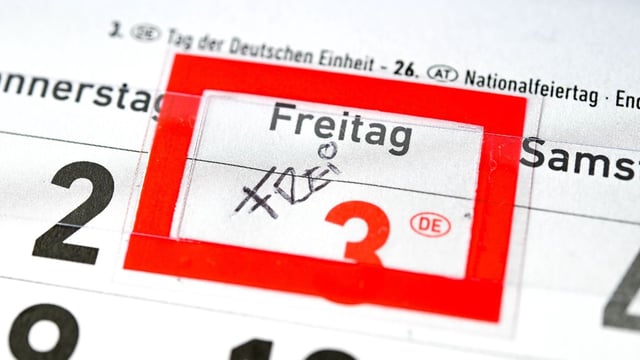Overview
- The Institute of the German Economy (IW) estimates abolishing a public holiday could increase Germany's GDP by 5 to 8.6 billion euros annually.
- Economist Monika Schnitzer proposed the measure, citing Denmark's recent decision to remove a holiday to fund defense spending.
- The IW's analysis highlights the economic impact depends on the season and sector, as productivity varies significantly between summer and winter.
- Germany's aging workforce and demographic challenges are driving discussions about increasing work hours rather than reducing them.
- Implementing the proposal is complicated due to Germany's federal system, where holiday regulations vary across states.


